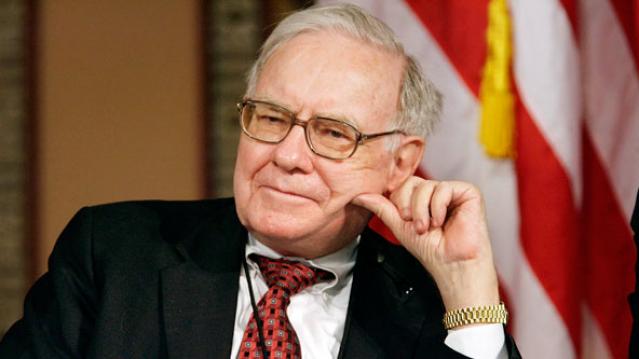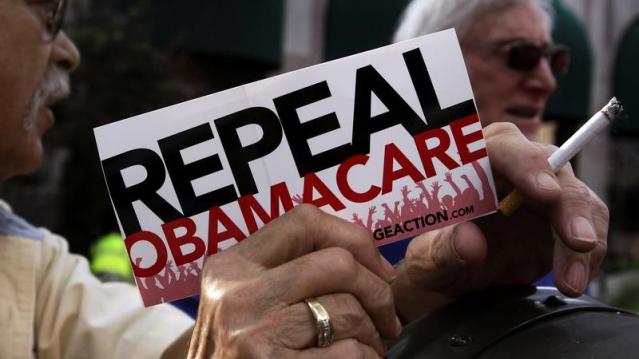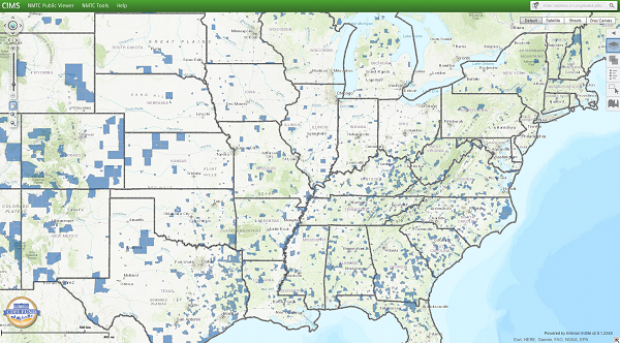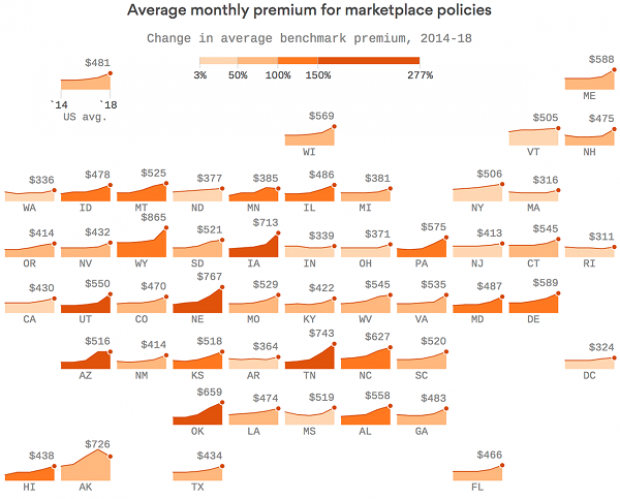The Phantom Billionaire Who’s Richer Than Warren Buffett

A practically unheard-of billionaire, Amancio Ortega, just blew past household name Warren Buffett to be the second-richest man in the world, according to Bloomberg. Microsoft founder Bill Gates, who is worth $85.5 billion, remains first.
Oretega, who has amassed a net worth of $71.5 billion, is the founding chairman of the Inditex fashion group, the world’s largest apparel retailer. Inditex is best known for its chain of Zara clothing and accessories shops, which had sales of $19.7 billion in fiscal 2014.
Related: Bill Gates Is the World’s Richest Man Again. Or Is He?
Worth noting is that Warren Buffett, whose net worth of $70.2 billion puts him at third place, would be in second-place if not for his philanthropic giving.
A native of Spain, Ortega refuses almost all interview requests and until 1999, no photograph of him had ever been published. However, Zara is not so low-profile. The world’s biggest fashion retailer operates over 6,600 stores in more than 88 countries.
Inditex has shown strong growth year over year. In March, it reported net profit up 5 percent from the previous fiscal year. In addition, the company said it planned to open up 480 more stores this year.
Related: America’s Highest Paid CEO Is Not Who You Think
Key to Ortega’s success has been keeping Zara’s manufacturing close to its home base in the ancient port city of La Coruña, rather than outsourcing production to China to cut costs. This allows Zara to act quickly on new trends and put new products into stories right away. Zara shops receive new shipments of clothing twice a week, virtually unheard of among retail stores.
If Inditex brands continue to grow and Zara’s popularity extends to millennials and beyond, the mysterious billionaire’s wealth could eventually push him to number one on the list.
GOP Tax Cuts Getting Less Popular, Poll Finds

Friday marked the six-month anniversary of President Trump’s signing the Republican tax overhaul into law, and public opinion of the law is moving in the wrong direction for the GOP. A Monmouth University survey conducted earlier this month found that 34 percent of the public approves of the tax reform passed by Republicans late last year, while 41 percent disapprove. Approval has fallen by 6 points since late April and disapproval has slipped 3 points. The percentage of people who aren’t sure how they feel about the plan has risen from 16 percent in April to 24 percent this month.
Other findings from the poll of 806 U.S. adults:
- 19 percent approve of the job Congress is doing; 67 percent disapprove
- 40 percent say the country is heading in the right direction, up from 33 percent in April
- Democrats hold a 7-point edge in a generic House ballot
Special Tax Break Zones Defined for All 50 States

The U.S. Treasury has approved the final group of opportunity zones, which offer tax incentives for investments made in low-income areas. The zones were created by the tax law signed in December.
Bill Lucia of Route Fifty has some details: “Treasury says that nearly 35 million people live in the designated zones and that census tracts in the zones have an average poverty rate of about 32 percent based on figures from 2011 to 2015, compared to a rate of 17 percent for the average U.S. census tract.”
Click here to explore the dynamic map of the zones on the U.S. Treasury website.
Map of the Day: Affordable Care Act Premiums Since 2014

Axios breaks down how monthly premiums on benchmark Affordable Care Act policies have risen state by state since 2014. The average increase: $481.
Obamacare Repeal Would Lead to 17.1 Million More Uninsured in 2019: Study

A new analysis by the Urban Institute finds that if the Affordable Care Act were eliminated entirely, the number of uninsured would rise by 17.1 million — or 50 percent — in 2019. The study also found that federal spending would be reduced by almost $147 billion next year if the ACA were fully repealed.
Your Tax Dollars at Work

Mick Mulvaney has been running the Consumer Financial Protection Bureau since last November, and by all accounts the South Carolina conservative is none too happy with the agency charged with protecting citizens from fraud in the financial industry. The Hill recently wrote up “five ways Mulvaney is cracking down on his own agency,” and they include dropping cases against payday lenders, dismissing three advisory boards and an effort to rebrand the operation as the Bureau of Consumer Financial Protection — a move critics say is intended to deemphasize the consumer part of the agency’s mission.
Mulvaney recently scored a small victory on the last point, changing the sign in the agency’s building to the new initials. “The Consumer Financial Protection Bureau does not exist,” Mulvaney told Congress in April, and now he’s proven the point, at least when it comes to the sign in his lobby (h/t to Vox and thanks to Alan Zibel of Public Citizen for the photo, via Twitter).



